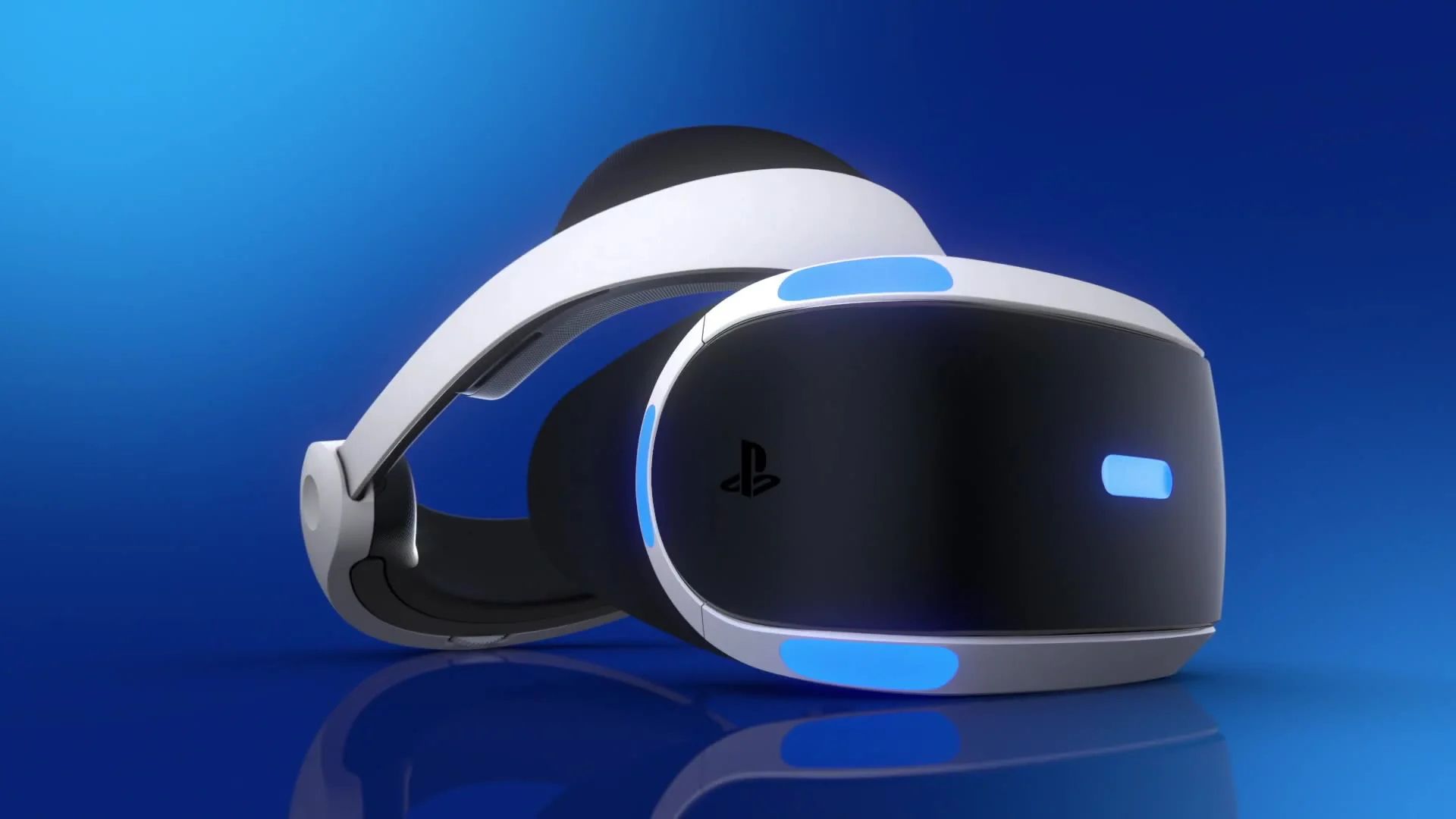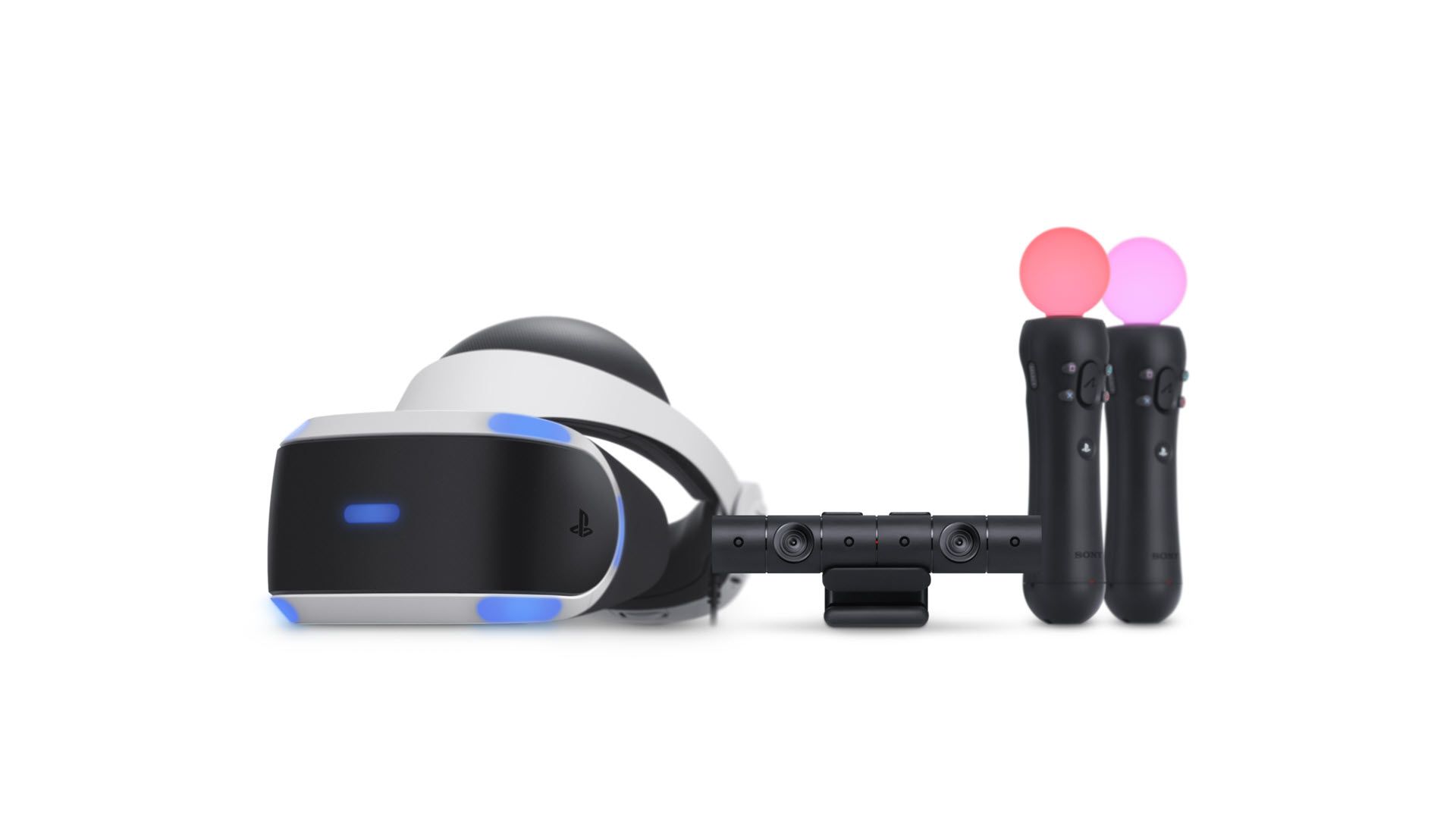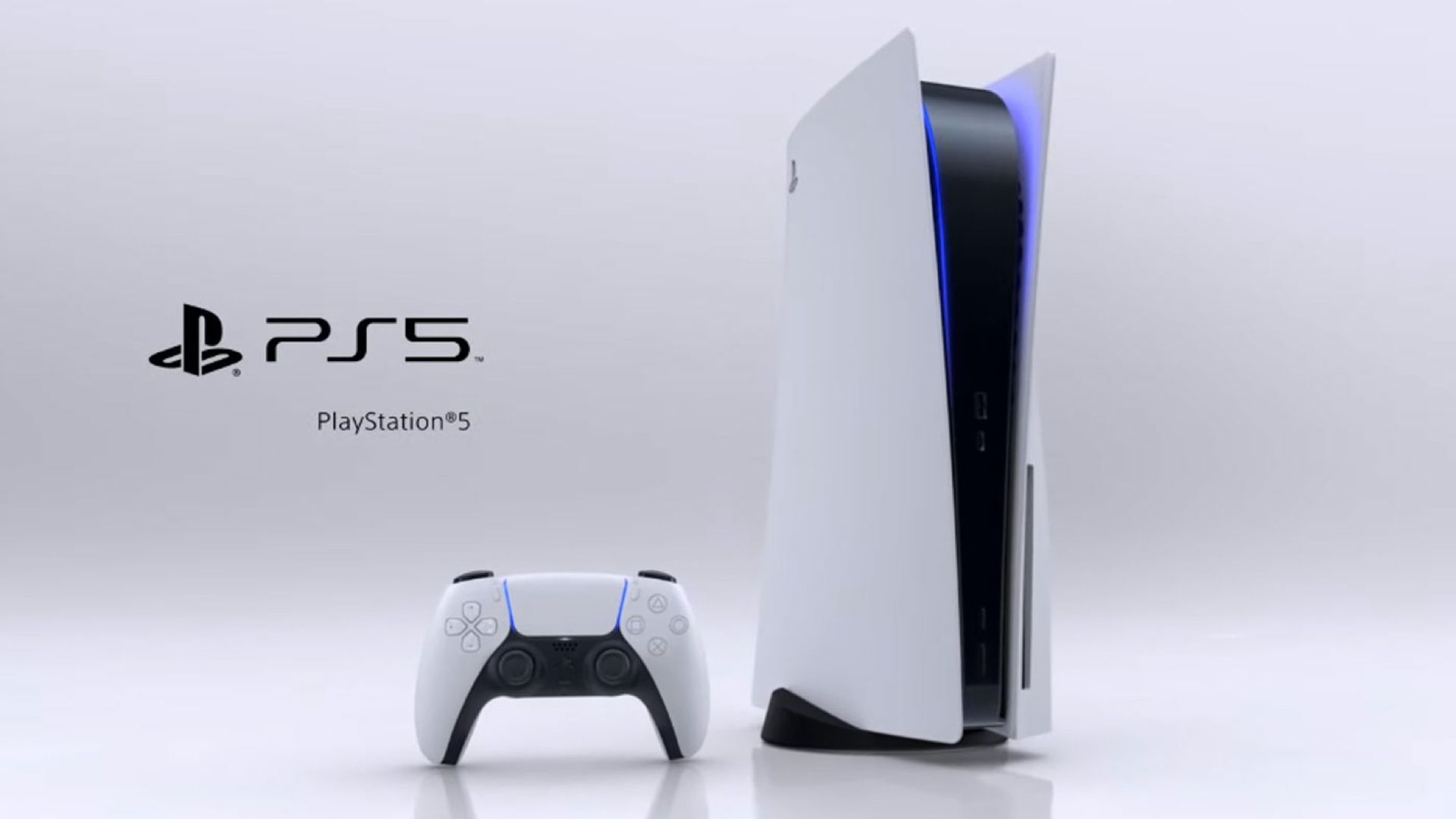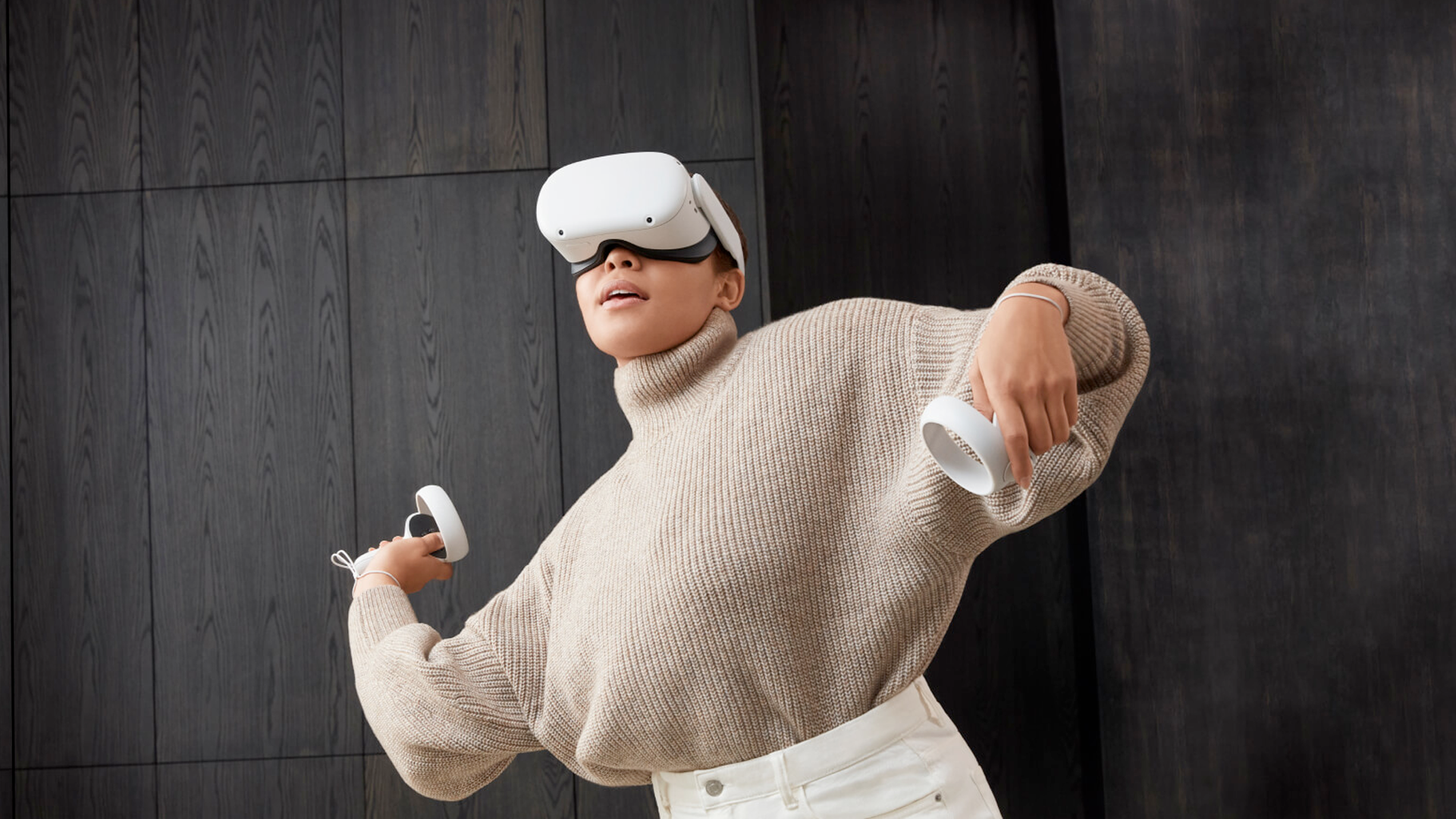Quick Links
Sony has officially announced PlayStation VR 2 (PSVR2). The list of features includes eye-tracking, immersive sensory features, and an OLED display. These are all features you would expect from an industry leader. Unfortunately, I think the whole thing will be a massive flop.
Virtual reality (VR) has been undergoing somewhat of a renaissance in recent years, so it's easy to see why Sony wants to replace its five-year-old headset and carve itself a bigger slice of the VR pie. However, the Japanese tech giant is entering a highly competitive marketplace filled with strong competition and is doing so with its metaphorical arms tied behind its back.
The Meta (formerly Oculus) Quest 2 is the current king of the virtual castle. As of November 2021, over 10 million Quest 2s have been sold. The stand-alone headset has massive cross-platform appeal---just under 40% of all Steam VR games are played on a Meta Quest 2. Despite being far better on paper, there are a few reasons why the PSVR2 won't see a fraction of the Quest's success.
It Will Be Very Expensive
The headset alone may not be, but the total spend is probably going to sting. The original PSVR was priced at $399, $100 more than the basic Meta Quest 2. Even if the PSVR2 matches the Quest on price, it is not a standalone headset---you'll also need a PlayStation 5 (starting from $499.99 if you can even get a hold of one at retail price). So you're potentially looking towards the thick end of $1,000 if you want to enter Sony's virtual universe.
That's more than some high-end headsets and getting towards Quest plus PC VR territory when you look at what PlayStation 5 consoles are actually selling for. This may make people pause for thought as they will have both a cheaper option in the Meta Quest 2 or a slightly more expensive but probably better PC-based option.
Reliance on the PS5 Could Limit the PSVR2
That PC-based option and standalone options like the Quest also have far bigger game libraries than PSVR. There are even workarounds if Meta lands an exclusive game and you want to play it on an HTC Vive. Sideloading is also available on the Quest, adding a range of experimental and fan-created games which may never grace Sony's platform.
Sony has also refused to confirm if the PSVR2 will be backwards compatible with PSVR games. PCs may have less of an advantage over consoles these days---but the almost limitless backwards compatibility is a plus. Chances are, if a headset works with your PC in 10 years, you'll be able to boot up a Walking Dead: Saints and Sinners save and pick up where you left off. You can even port older non-VR games into VR.
The fact it is an accessory instead of a standalone item may hurt the PSVR2 in the long run. Most PlayStation owners will have bought their console because they enjoy that kind of gaming. This means the headset could take a backseat to the controller when the novelty wears off.
And as stated, if you can't get a PlayStation 5 in the first place, good luck getting your PSVR headset working. The original PSVR performed very well, with over five million units sold. But there are currently just under ten times as many PlayStation 4 consoles on the market as PlayStation 5 units. At the original PSVR's launch, Sony had shipped around 50 million PS4s, and the PS5 is currently lagging well behind with around 13.5 million units sold.
The Wire Feels Like a Step Backwards
Despite boasting cutting-edge features, as it stands, your PSVR2 will have to be wired to your console while you're playing it. Of course, not all headsets are wireless---but both of the Quests are, and many big-name headsets like the Vive have wireless adapters you can purchase if you don't want to be tethered to your ceiling.
The wire might also limit your ability to use VR effectively. If your PC lives in your very small study, but your garage has ample space, you can connect your headset over the Wi-Fi network and flail away without putting any new holes in the wall. Shifting a PlayStation and TV around with you may be a touch more annoying.
Wires can also kill immersion. VR's ability to transport you to another world is its main strength, but a tug on your head because you've gotten tangled on something can kill that immersive feeling in an instant. There's also a chance the PSVR2 could focus on sit-down experiences rather than room-scale, which would be a shame. Sure some games are meant to be played sitting down---but half of the fun with VR is standing up, moving around, and flailing like crazy.
The PSVR2 Has Some Strong Competition
No official release date has been set. But if the rumors are true, Sony aims to release the PSVR2 later this year. Incidentally, "later this year" is when two other high-end headsets---Meta's Project Cambria and Apple's unnamed VR headset---are rumored to be hitting the shelves.
Although details are scarce, both of these devices could prove to be major competition for the PSVR2. They both have the backing of major tech companies, one of which is the current market leader.
Despite not revealing much, Meta has promised cutting-edge features, including eye and face tracking and compact "pancake" lenses to justify the "premium" price tag. With rumors of two 8K displays (one for each eye), Apple's headset may have some of the highest quality visuals on the market.
At the original PSVR's launch, VR was still niche and expensive. The closest thing to standalone headsets was cellphone-based and not particularly great. The original Oculus Quest was a whole three years away. And the original PSVR filled the niche the Quest would go on to dominate. It was around half the price of other VR headsets, and it didn't require a high-end gaming PC. It just needed one of the world's most popular games consoles, something 50 million people already had.
The PSVR2 will have none of those things. It will launch with a fraction of the console uptake and in a world with good, reasonably priced, accessible VR already available.
Is the PSVR2 Doomed?
Despite some top-end features, the PSVR2 is just the wrong sort of setup at the wrong time. The console requirement will likely bottleneck it, and the competition is fierce. Unlike its predecessor, there are affordable options that not only do VR well but have a greater range of games and more flexibility than the PSVR2 is likely to offer.
VR enthusiasts already have headsets, and those looking to try VR out will do what they did when the original PSVR was launched. Go for the cheapest, decent quality option, which won't be the PSVR2.




